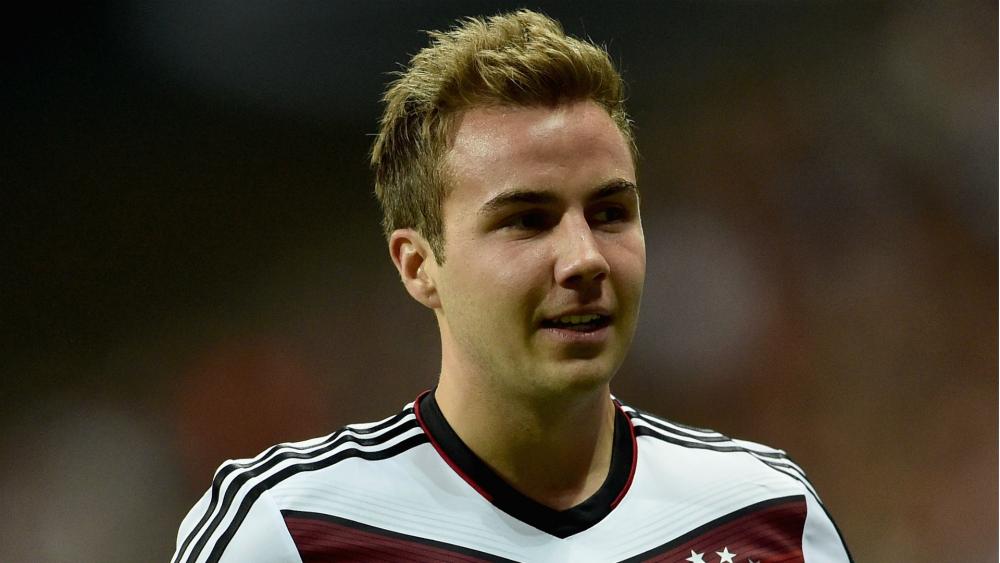Jens Lehmann: Goalkeepers need to be athletes
Former Arsenal goalkeeper Jens Lehmann says modern goalkeepers need to be athletes
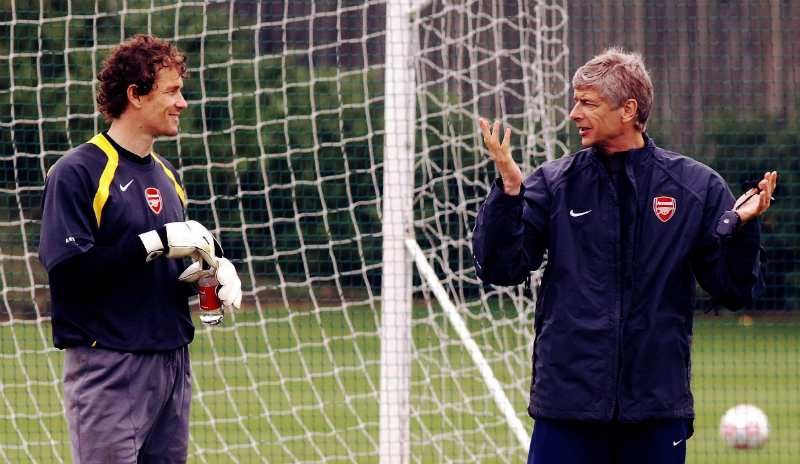
Goalkeepers aren’t traditionally thought of as athletes - is that an unfair view?
If you look at goalkeepers closely, you'll notice that it's not only the upper body they need to focus on - it's their full body. In contrast, when you see outfield players, most of the time you see thin arms and underdeveloped bodies and chests. It takes more time for a goalkeeper to prepare his body for the physical aspect of the game.
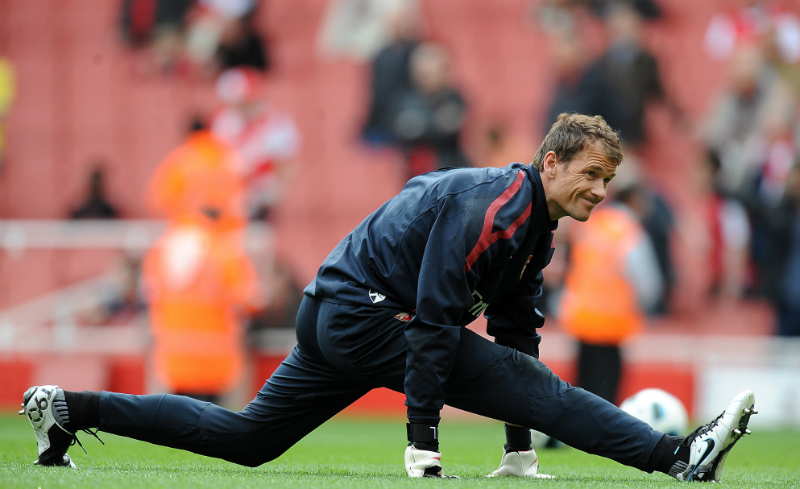
Is that why goalkeepers mature at a later age?
I think maturity is more to do with experience. Once you've seen situations thousands of times rather than hundreds of times then it's easier to adapt faster and to organise a defence. I think it's a big challenge for young goalkeepers and they normally don’t understand how to do that. When you see young keepers, there aren't many who are good at it. That comes with experience.
Related story: Paul Robinson: Psychology for goalkeepers
A number of top keepers, for example David de Gea and Thibaut Courtois, have very lean, athletic physiques - do modern goalkeepers need to be athletes?
My game was based on athleticism. For example, some goalkeepers tend to play with short-sleeved shirts and, looking at their arms, I think "how can they save hard shots with those tiny, thin arms". A goalkeeper's physique is one part of what type of person he is: building up a physique protects you, but also enables you to perform at a high level and to not be afraid of encountering physical contact. It takes a lot of effort and training, and a guy who thinks (otherwise) can never play at the top level. For example, looking at my fellow German Manuel Neuer, he's got a great physique - big arms. Oliver Kahn, too. You see that Neuer has put in a lot of effort and he uses that physique to dominate his area. Goalkeepers who don’t have that are scared.
Get FourFourTwo Newsletter
The best features, fun and footballing quizzes, straight to your inbox every week.
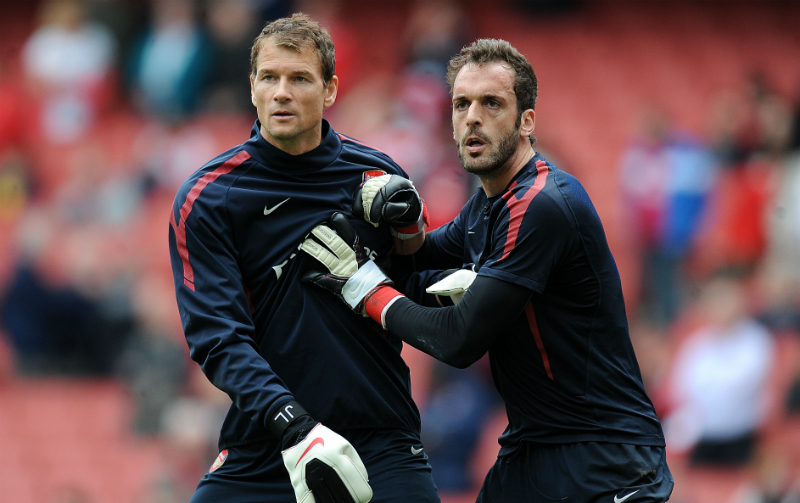
How much physical work did you do as a player?
For nearly every training day I had as a player, I did a gym session too. My training changed when I came to Arsenal (from Borussia Dortmund). Before, I used to focus on strengthening my arms, legs, and upper body in the gym, but the work at Arsenal was focused more on full-body strength and we used to combine multiple groups of muscles - or areas - within the same exercise. It was very interesting. The fitness coach, Tony Colbert, who is still there, introduced exercises which were really good for me. At the same time, Jurgen Klinsmann brought Mark Verstegen in to work with the German national team. Now he's perceived to be the main guru of athletic training and he had the same approach as Tony.
Related story: Simon Mignolet's fitness and nutrition plan
Concentration is so important for a goalkeeper - did you do any additional training to help you stay focused for 90 minutes?
No. I think in the modern game, the education of goalkeepers isn't very good. What they completely underestimate is that the only place where they can learn to focus and concentrate is at school and, for me, a perfect goalkeeper would be one who does his A Levels. That's the only place where you learn to focus and concentrate over a long period of time - for hours. That can be brought over to goalkeeping.
Related story: Joe Hart: Stay focused for 90 minutes
If you look at the position, goalkeepers perhaps rely 5% on their physical abilities (handling the ball, making saves) during a game, and 95% on positioning, talking and organising. So you need to have the verbal qualities to address your team-mates and that's learnt at school as well.
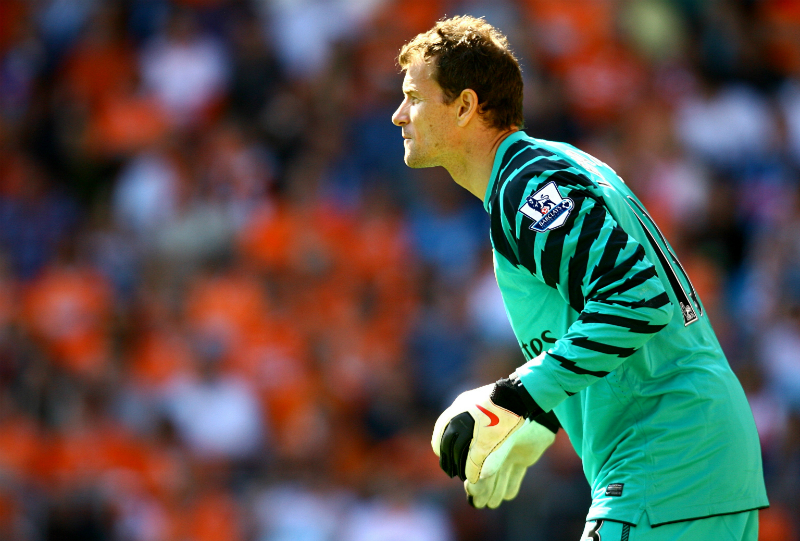
The fact there are so many foreign goalkeepers at English clubs shows you that the English clubs don't trust the English system of educating goalkeepers. That theory can be used on outfield players, too: first comes training, then comes school. It should be the other way around. Outfield players must be able to focus and concentrate in certain situations, too, and have to be able to move quickly into different positions. They need to understand the game.
A lot of goalkeepers - including yourself - played until they’re 35/40 – did your reflexes improve with age?
Reflexes can't be changed. You can't train them, you can only train reactions. Even in the season before I retired my reflexes didn't slow down.
Do goalkeepers think of themselves as individuals within a team sport?
No. I think this is a big misunderstanding. If you look now at players and their responsibilities within a game, you will soon find out that a goalkeeper never thinks of himself first because he is responsible for the whole team; he's the only one who can put things right if his mates make a mistake. That was my biggest strength.
My greatest fear was not getting on with my central defenders. The full-backs were important, too, but the two centre-backs more so because of their position in the box. I knew that if I helped them to position themselves and helped them to know where their men were - who to mark, where the space was behind them - they would benefit from it and I would as well. Then look at strikers and what do you think: who is more individual? A goalkeeper or a striker? A striker knows that he doesn't have the same responsibility to his teammates. If a goalkeeper makes a mistake...
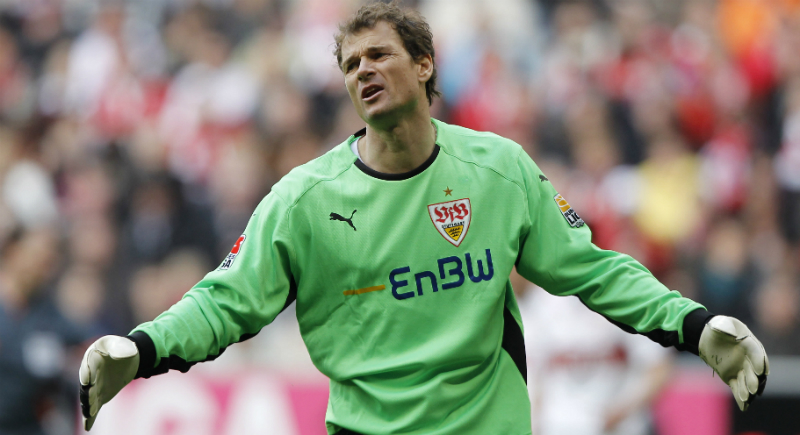
How have you kept yourself in shape since your retirement?
I knew I had to go on training. I do weekly exercises in the gym because I know that if I neglect my body then my joints will hurt. I play football, I do yoga, skiing and tennis. Even if I hadn't become a football player, I still think my life would have been related to sport.
Jens Lehmann was speaking at a membership rewards event supported by Vitality. For more information, visitwww.arsenal.com/membershiprewards.
Seb Stafford-Bloor is a football writer at Tifo Football and member of the Football Writers' Association. He was formerly a regularly columnist for the FourFourTwo website, covering all aspects of the game, including tactical analysis, reaction pieces, longer-term trends and critiquing the increasingly shady business of football's financial side and authorities' decision-making.
